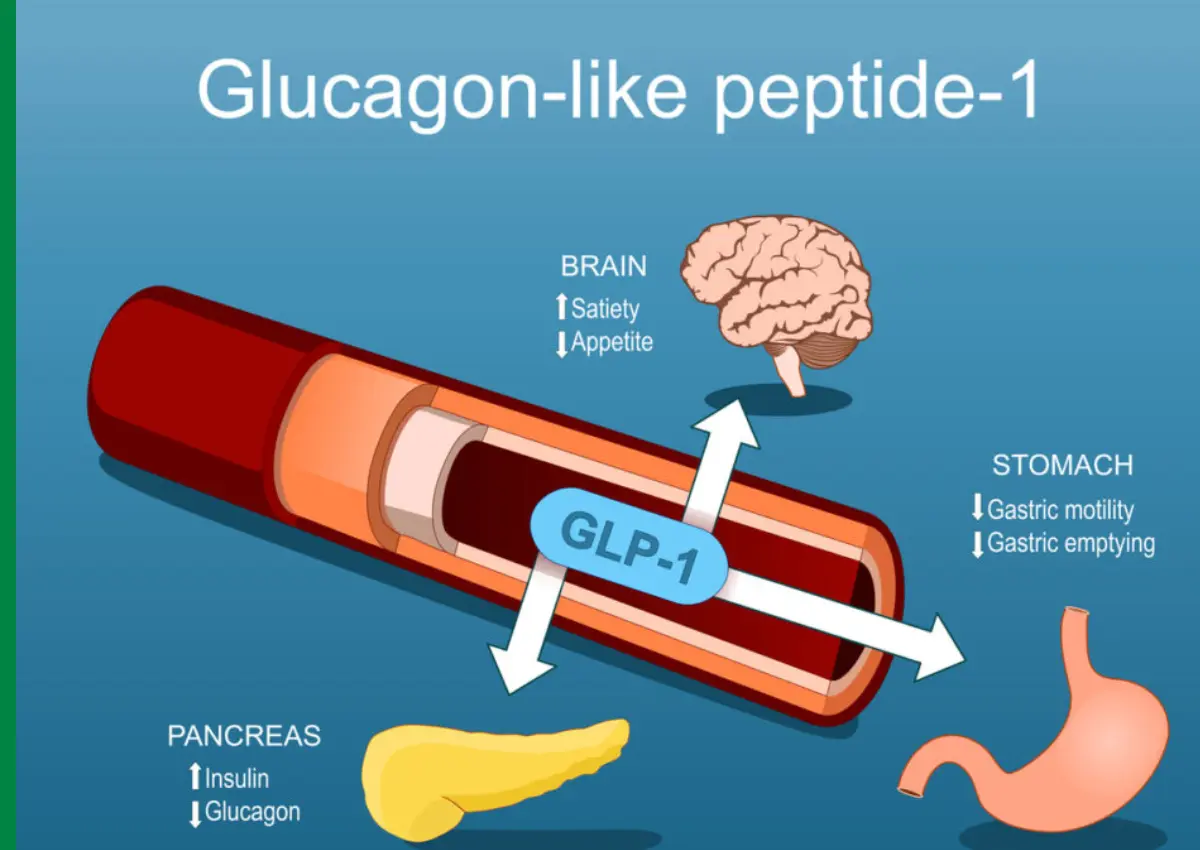When President Cyril Ramaphosa walked through the gates of the White House for a meeting with then-President Donald Trump, the world expected protocol, press briefings, and geopolitical posturing. What they didn’t expect was the presence of two men better known for golf clubs than policy: Ernie Els and Retief Goosen.
They weren’t there to play a round on the South Lawn or sign autographs. They were there as silent symbols of a country reshaping its narrative—and the global perception of its identity.

The Power of Presence
In diplomacy, symbolism can speak louder than any carefully worded statement. Ramaphosa’s choice to be accompanied by two white South African sports icons—at a time of strained racial narratives between the U.S. and South Africa—was no accident.
Both Els and Goosen represent more than sporting greatness. They represent the evolution of South African identity—rooted in excellence, integrity, and unity across historical divides.
Ernie Els: The Big Easy with a Big Heart
Born in Johannesburg in 1969, Ernie Els rose to global fame in the 1990s and early 2000s with his graceful swing and calm demeanor. A two-time U.S. Open winner and two-time Open Champion, he earned the nickname “The Big Easy” for the effortless rhythm of his play.
But off the green, Els has become just as renowned for his philanthropic work, particularly his foundation for autism inspired by his son, Ben. His global voice for compassion and care extends far beyond golf courses, making him a symbol of leadership through empathy.
Retief Goosen: The Quiet Fire
Retief Goosen’s story is one of resilience and grit. After surviving a lightning strike as a teenager—a literal bolt from the blue—he turned adversity into fuel. Known as “The Iceman” for his calm under pressure, Goosen won two U.S. Opens and became one of the most respected figures in the sport.
Unlike Els’ open warmth, Goosen carried the quiet strength of discipline and perseverance. Together, the two champions represented complementary forces: heart and steel, empathy and endurance.
A Delicate Moment in History
Their appearance beside Ramaphosa came at a tense moment. President Trump had publicly expressed concerns about South Africa’s land redistribution policies and the supposed mistreatment of white farmers—comments that drew international criticism and reignited old fears.
Instead of reacting defensively, Ramaphosa responded with a gesture. He showed the world a South Africa where white and Black citizens stand shoulder to shoulder—not as relics of division, but as co-architects of a shared future.
Soft Diplomacy at Its Finest
Els and Goosen didn’t speak at the press conference. They didn’t need to. Their presence alone countered the narrative. These weren’t representatives of a racial group—they were representatives of a national story of growth, reform, and global collaboration.
They reminded the world that leadership isn’t just about power. Sometimes, it’s about who you choose to stand beside.
Sport as a Mirror of Society
Sport has long been a tool of diplomacy. From ping pong diplomacy between the U.S. and China to Nelson Mandela donning a Springbok jersey in 1995, moments like these are proof that athletic icons can play pivotal roles in shaping national identity.
Els and Goosen, by aligning themselves with their country’s leader at a critical juncture, proved that the fairway can be as impactful as the parliament.
The Legacy of That Day
History will remember the headlines about trade talks and political friction. But those who look closer will see something more: a quiet masterstroke of unity. In a divided world, the image of Ramaphosa flanked by two of the most respected figures in South African sport was a masterclass in nonverbal diplomacy.
🟩 Ernie Els: The Big Easy with a Big Heart
Ernie Els is more than a four-time major champion. With his long, fluid swing and calm demeanor, he’s been a symbol of grace under pressure for decades. Born in Johannesburg in 1969, Els rose from suburban golf courses to dominate the world’s grandest greens. His Open Championships and U.S. Open victories told one story—but off the course, he carved another. As the founder of the Els for Autism Foundation, inspired by his son Ben, he has become a voice for inclusivity and compassion.
🟩 Retief Goosen: The Iceman Who Survived Lightning
From Polokwane to Pebble Beach, Retief Goosen’s journey has been equally extraordinary. Known for his stoic, almost meditative presence on the course, Goosen endured a near-death experience after being struck by lightning at age 15. What might have ended a life instead forged a champion. With two U.S. Open titles under his belt and an enduring reputation for mental fortitude, Goosen symbolizes perseverance—quiet, determined, and unshaken.
🟩 Why Golfers in the White House?
At first glance, their appearance alongside President Ramaphosa at such a politically tense summit might seem out of place. But in reality, it was a masterstroke of soft diplomacy. The meeting came in the wake of Trump’s previous comments alleging the mistreatment of white farmers in South Africa—claims that sparked outrage and damaged bilateral ties. Bringing along Els and Goosen wasn’t just symbolic; it was strategic. These men, both white South Africans, represent the complex and evolving narrative of modern South Africa—one not defined by division, but by collaboration, global excellence, and unity in diversity.
🟩 From the Course to the Capital
Inside the walls of the West Wing, amid talks of trade, land reform, and geopolitics, the presence of Ernie and Retief sent a quieter message—one of national cohesion. They weren’t there to swing clubs or sign autographs. They were there to help remind the world that sport, like leadership, is about patience, honor, and knowing when to speak with presence rather than words.
Final Putt
In a time when countries are defined by what divides them, South Africa reminded the world of what unites it. Ernie Els and Retief Goosen didn’t need podiums or policy papers. Their legacy—on the green and beyond—spoke loud enough.



